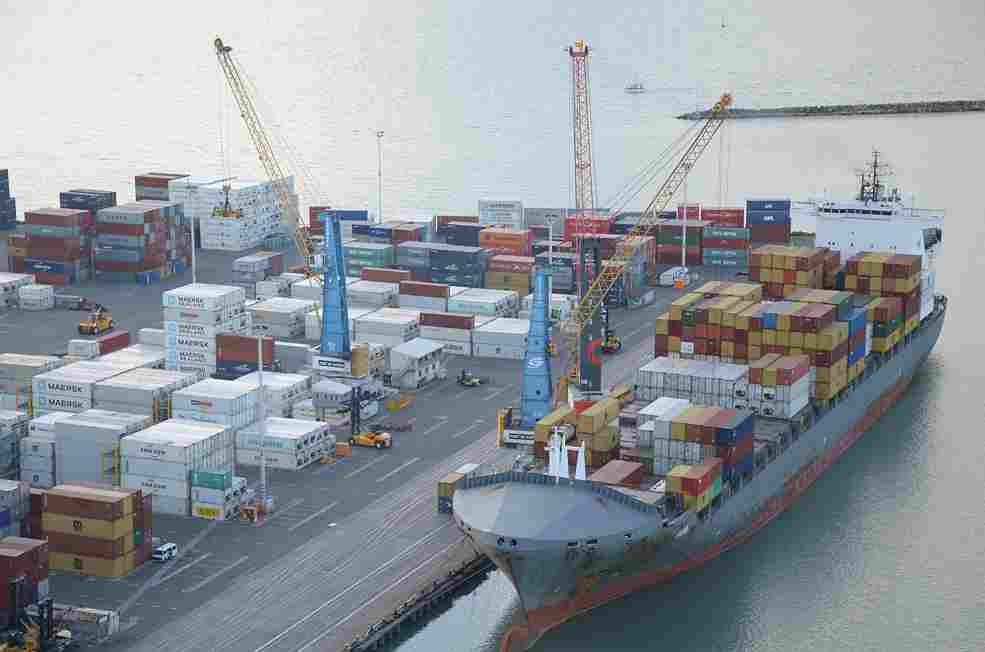
Port State Control and Bunker Fuel Compliance
Port State Control (PSC) plays a pivotal role in enforcing international maritime regulations, including those related to bunker fuel. This article explores the significance of PSC inspections in ensuring bunker fuel compliance, the regulatory frameworks governing fuel quality and emissions, and the implications for shipping companies.
Importance of Bunker Fuel Compliance
Bunker fuel, essential for powering maritime vessels, is subject to stringent international regulations aimed at reducing environmental impact and ensuring maritime safety. Compliance with these regulations is crucial for mitigating air pollution, minimizing greenhouse gas emissions, and maintaining operational efficiency.
Role of Port State Control
- Inspections and Compliance Verification: Port State Control authorities conduct inspections on foreign-flagged vessels entering their ports to verify compliance with international maritime regulations, including those related to bunker fuel. Inspections may include checks on fuel quality, documentation, and adherence to emission standards set by the International Maritime Organization (IMO).
- Enforcement of International Regulations: PSC inspections enforce IMO conventions, such as MARPOL Annex VI, which sets limits on sulfur oxide (SOx) and nitrogen oxide (NOx) emissions from ships. Vessels found non-compliant with these regulations may face penalties, detention, or even expulsion from port until necessary corrective actions are taken.
Regulatory Frameworks Governing Bunker Fuel Compliance
- MARPOL Annex VI: The IMO’s MARPOL Annex VI regulates air pollution from ships by setting limits on sulfur content in marine fuels and imposing requirements for emission control areas (ECAs). Compliance with Annex VI requires vessels to use fuels with sulfur content not exceeding prescribed limits and to install and maintain emission abatement technologies where required.
- Sulfur Emission Control Areas (SECAs): SECAs designate coastal areas with stricter sulfur emission limits than those specified in MARPOL Annex VI. Vessels operating within SECAs must use low sulfur fuels (e.g., Marine Gas Oil or compliant Marine Diesel Oil) or alternative compliance methods such as exhaust gas cleaning systems (scrubbers) to reduce emissions.
Implications for Shipping Companies
- Operational Impact: Non-compliance with bunker fuel regulations can disrupt vessel schedules, incur financial penalties, and damage a company’s reputation. PSC detentions or fines resulting from non-compliance may lead to increased operational costs and potential loss of business opportunities.
- Risk Management and Compliance Strategies: Shipping companies mitigate risks associated with bunker fuel compliance by implementing robust fuel management protocols, conducting regular fuel quality assessments, and ensuring crew training on regulatory requirements. Engaging in proactive communication with PSC authorities and maintaining accurate documentation are essential for demonstrating compliance during inspections.
Future Trends and Challenges
- Emerging Regulations: Ongoing revisions to MARPOL Annex VI and the introduction of regional emission control initiatives highlight the evolving regulatory landscape. Shipping companies must stay abreast of regulatory updates and adapt their operations to comply with new requirements, including the use of cleaner alternative fuels and advanced emission reduction technologies.
- Technological Advancements: Advances in fuel treatment technologies, such as LNG propulsion and hybrid systems, offer potential solutions for achieving compliance with stringent emission standards while enhancing operational efficiency. Investments in these technologies can position shipping companies as leaders in sustainable maritime practices.
Conclusion
Port State Control plays a critical role in enforcing bunker fuel compliance and safeguarding marine environments from harmful emissions. Shipping companies must prioritize regulatory adherence through proactive compliance measures, technological investments, and effective risk management strategies. By embracing sustainable fuel practices and staying informed about evolving regulations, the maritime industry can uphold environmental stewardship and ensure long-term operational resilience in an increasingly regulated global market.





